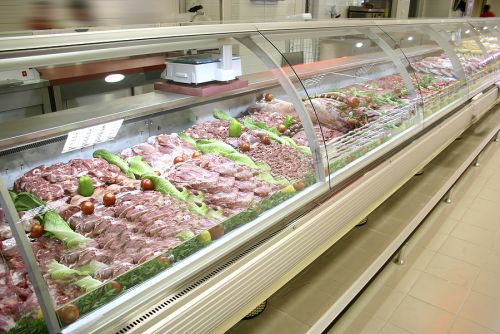Efficient management of industrial refrigeration systems is critically important to reduce health risks.
Proper design, construction and operation of modern industrial systems ensures the safety of consumers and customers is never compromised.
Environmental challenges face the industrial refrigeration industry so ongoing measures to provide technical support, equipment and systems advice will help achieve the best practical energy efficiency, reduce indirect emissions of green house gases and allow the food industry to bring food to the supermarkets safely and efficiently.
Industrial refrigeration safety helps reduce post-harvest losses making it possible to preserve food and make it safe for consumers.
it plays a key role in the healthcare sector as well. We often think of industrial refrigeration for just food but healthcare requires the safe storage of vaccines and bloods and relies heavily on industrial refrigeration technology to do so.
Industrial refrigeration allows liquid natural gas to be transported and provides a wide range of essential services we often don’t think about.
Hospitals have air conditioned operating theatres and refrigerated blood supplies. Even at the end of life, refrigeration is used in mortuaries.
In stores we see refrigerated display cabinets containing perishable foods that have been brought great distances. Each step along the way, these foodstuffs have had to be refrigerated on trains, trucks etc.,
Our leisure activities rely on industrial refrigeration for food storage, environmental air conditioning, maintenance of swimming pools and ice rinks.
Commercial refrigerators and freezers on patios, in hotels and restaurants and in non-supermarkets comprise a good deal of the number of industrial refrigerators in modern society.
 The industrial category for using refrigeration for processing food and drink and chemical and pharmaceutical requires cold storage facilities allowing these processes to be carried out properly and safely.
The industrial category for using refrigeration for processing food and drink and chemical and pharmaceutical requires cold storage facilities allowing these processes to be carried out properly and safely.
Refrigerated vehicles are utilized for long distance transport of perishables. These include trucks, refrigerated train cars and ships not to mention fishing vessels, cruise ships and cargo ships. They are vital in the chain of industrial food safety.

Industrial Refrigeration has changed the way we live, the way we do business and the way in which we handle our foods.
From the smallest units through to the largest for food storage, processing and industrial proess cooling, it is vital to maintain food safety.